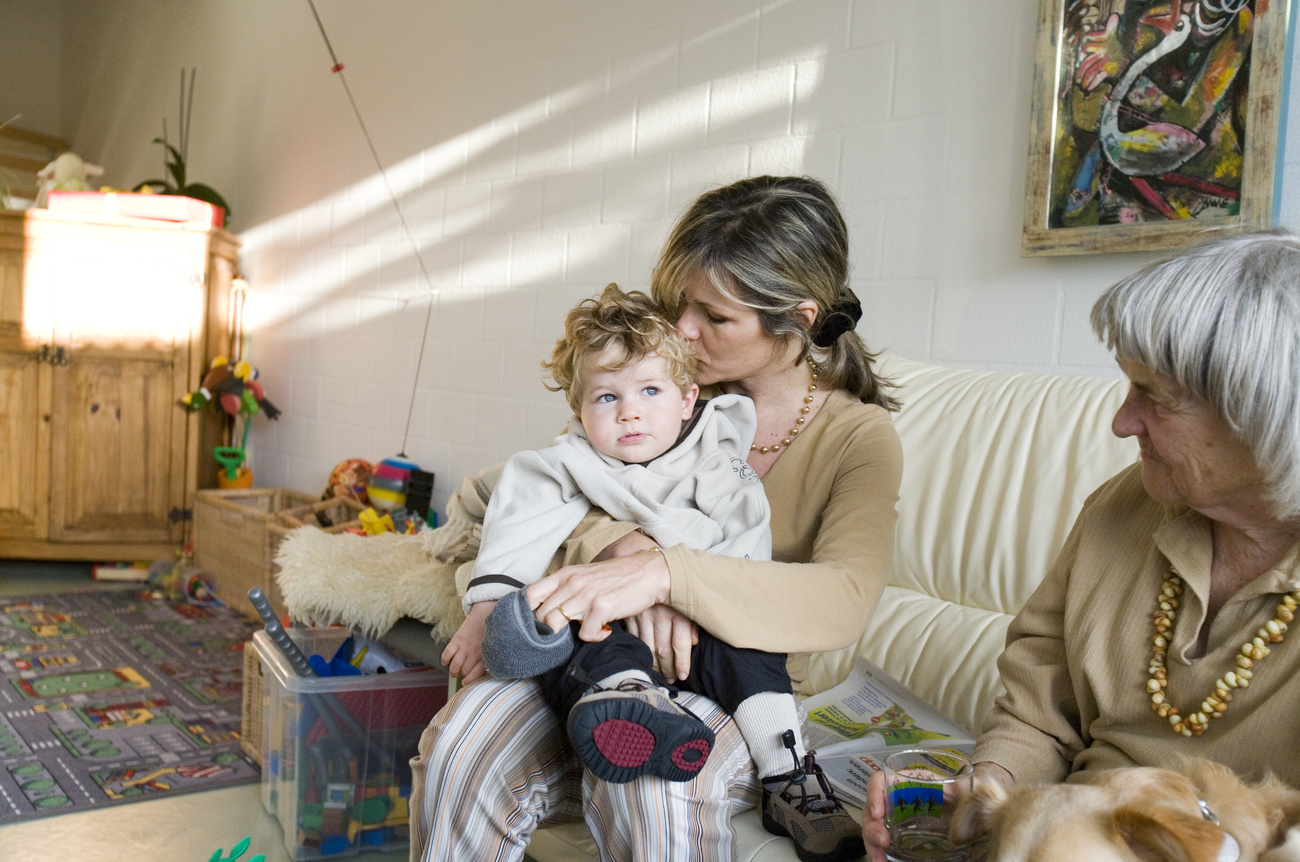
Swiss health office corrects Covid-19 stats: most infected via family, not nightlife

The Federal Office of Public Health (FOPH) has revised its previous statement on the source of most coronavirus infections. It says most occur through contact with family members.
On July 31, the FOPH told the Swiss public broadcaster, SRF, that nearly two thirds of Covid-19 cases can be traced to bars, clubs and restaurants.
However, on Sunday evening, the office announced that Covid-19 is mainly transmitted through family (27.2%), followed by the workplace (8.7%) and private parties (3%). Night- and dance clubs account for 1.9% of contracted cases; bars and restaurants for 1.6%. The statistics are based on 729 reports filed by physicians between July 16 and July 30.
The health authorities pointed out that carriers at clubs “can lead to a high number of infected people as well as an even higher number of people who have to go into quarantine”. It stated that super-spreader events are a particular burden on the cantonal contact tracing systems, and that it is important to keep the risk of transmission as low as possible, especially in such environments.
Some politicians have criticized the federal health authorities for correcting the figures. Lukas Engelberger, president of the Swiss Conference of Cantonal Health Directors, told SRF on Monday that “mistakes can happen”.
Engelberger said he assumes that when making decisions, the cantons “react above all to incidents that have occurred locally and which they can assess reliably”.
For example, on July 31, canton Geneva already ordered the closure of all nightclubs and cabarets until August 23.
Nationwide, public and private events of up to 1,000 people are permitted on condition that contact tracing is guaranteed. Larger events are still banned.

More
Coronavirus: the situation in Switzerland

In compliance with the JTI standards
More: SWI swissinfo.ch certified by the Journalism Trust Initiative


























You can find an overview of ongoing debates with our journalists here . Please join us!
If you want to start a conversation about a topic raised in this article or want to report factual errors, email us at english@swissinfo.ch.